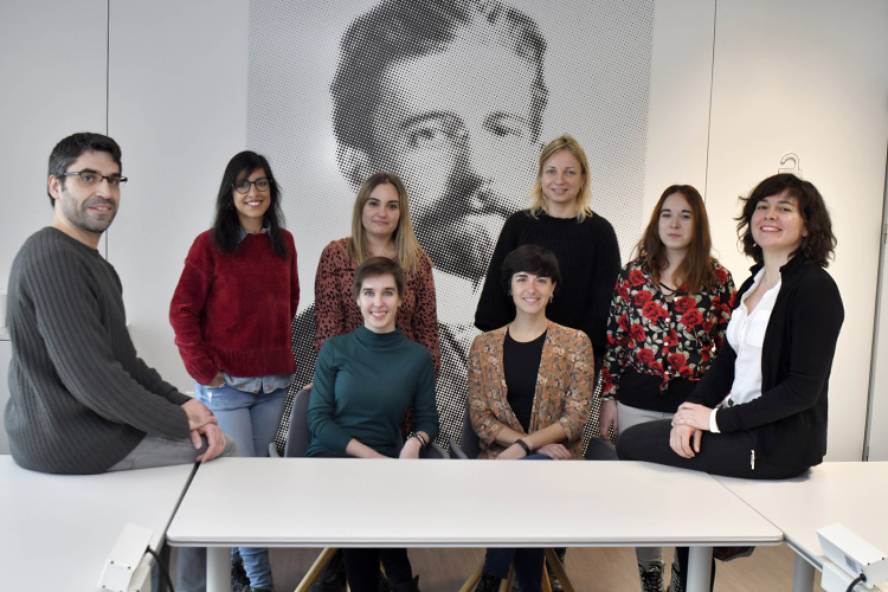Microglia is responsible for closing the life cycle of neurons in the brain
The death of neurons is not a process that only occurs in the aging of the brain. Newborn neurons also often die, when they perceive that there is enough neuron, who commit suicide by apoptosis. A hundred years ago, scientists knew that small microglia cells are responsible for phagocyting these dead neurons and cleaning the brain, but they suspected phagocytosis was not a passive collection of waste. That, by avoiding damage to neurons in the area, could have another important job. On this occasion, researchers from the Basque Centre for Neurosciences, Achucarro, and UPV-EHU, have shown that the work of microglia is a fully active process, and have discovered that there is a kind of communication signal between microglia and newborn cells: secretoma. Thus, beyond the collection of dead neurons, they have discovered that microglia is responsible for closing the life cycle of neurons.
In this process, they have seen the microglia secrete the set of molecules of the secretome, which gives them the order to continue fragmenting newborn cells or separating them as neurons. Researchers believe that microscopy acts as a death sensor: when it detects the death of numerous newborn cells, the microsite tells the neuronal production system that it is occurring in excess and that it has to stop production; on the contrary, when it detects that there are few deaths, it asks it to stop as the hippocampus can accept more new neurons. Therefore, phagocytic microglia helps to curb the creation of new neurons through the secretome, maintaining the balance between life and death.






